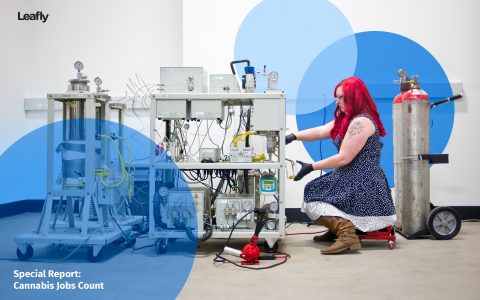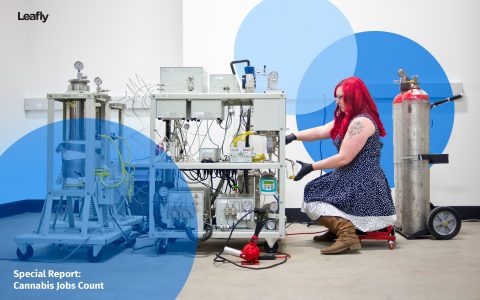Cannabis sales are coming to Maine—nearly three years after state voters passed a legalization law back in 2016.
After three years of delays, Mainers will finally get their cannabis shops in early spring 2020.
Legislators in Augusta on Thursday finally approved a legal framework that will allow the state’s long-delayed retail cannabis stores to open. Gov. Janet Mills is expected to sign the measure, which would allow the first stores to come online in early spring 2020.
Since 2016, cannabis has been legal to possess but not to purchase in Maine. The yearslong holdup has been largely thanks to former Gov. Paul LePage, an ardent legalization opponent who did all he could to slow-walk the implementation of the voter initiative. Mills, LePage’s successor who took office earlier this year, has vowed to move ahead with a legal, regulated, taxed cannabis market.
Despite the delay, Maine’s new market is shaping up to be one of the most consumer-friendly in the nation. While most states limit adults 21 and older to one ounce of cannabis flower, Maine set its limit at 2.5 ounces. Consumers may possess up to 5 grams of cannabis concentrate.
Mainers Only (Kind Of)
The rules proposed by the state’s Office of Marijuana Policy and adopted by the Legislature this week deal mainly with the details of adult-use cannabis regulation. Some of the highlights include:
- A local opt-out clause: The state won’t issue a license until a grower, processor, or retailer secures local authorization to locate in a specific town or county. This could be a huge impediment for consumers. In other states (most notably California), opt-out clauses have allowed cities and counties to effectively re-impose prohibition by banning all cannabis companies entirely, and some lawmakers are now working to undo them.
- A strong “Mainers Only” provision: The first batch of growing, processing, and retailing licenses will be limited to in-state applicants. Originally, lawmakers wanted to require every person involved to be a longtime Maine resident. But Wellness Connection of Maine, the state’s largest medical cannabis company, has out-of-state financial contracts. It threatened to sue. So lawmakers amended the rule. Now, a cannabis company must prove at least 51% ownership by Maine residents who have lived in the state for at least four years.
- Strict employee regulations: All employees who come into contact with cannabis must obtain a state ID card, which requires fingerprinting and a criminal background check. Past low-level marijuana offenses won’t disqualify a potential employee, but there are some questionable hurdles employees must pass. A potential employee may be disqualified, for example, for having past-due taxes or outstanding court-ordered payments.
- No delivery, yet: There are no provisions for cannabis delivery services in the current regulatory scheme, but lawmakers are expected to take up the issue during next year’s legislative session.
- Excise tax still unsettled: A bill to tax adult-use cannabis at 12% remains pending. The money would go to municipalities that allow cannabis companies. The rate now under consideration is down from the original proposal of 25%.
Most Towns Have Yet to Approve
According to the Portland Press Herald, only 15 of Maine’s 455 cities have approved adult-use cannabis regulations. That may mean a long delay for residents of other towns, as the state won’t issue a license for a retail store until the local municipality approves the location.
The upshot: Mainers, if you want a cannabis store near you, you’re going to have to fight for it. History has shown that local governments tend to panic and vote to prohibit retail cannabis stores within their boundaries. And while the intent may be to safeguard local communities, bans often serve to prop up the existing illicit market, which allows minors access to cannabis while state-licensed stores do not.
These bans happen even in districts that voted overwhelmingly to legalize, mainly because prohibitionists tend to show up in force, and shout loudly, at public hearings when cannabis zoning is considered. If you think your vote for legalization should be implemented, you’ll need to show up too—and let your local officials know how you feel.
The Associated Press contributed to this report.





